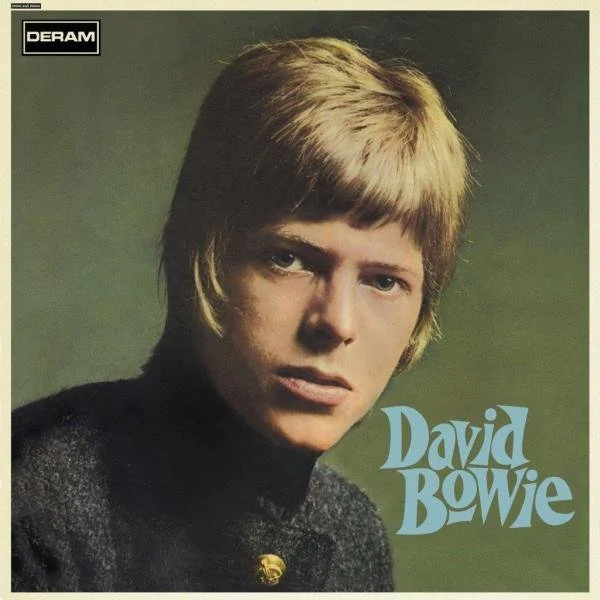SPOTLIGHT ON: David Bowie – David Bowie (1967)
I have to admit, I’ve never fully got the hype around Bowie. The legendary, genre-bending star always felt a bit too eccentric, too out-there, too deliberately strange for my tastes. His groundbreaking experiments in glam, art rock, and electronica might have captured countless imaginations, but they mostly left me cold. So when I found myself spinning his 1967 self-titled debut album on a whim, I honestly wasn't expecting much.
And yet—almost immediately—I fell under its peculiar, whimsical spell.
Unlike the more boundary-pushing, heavily stylised work he’d become famous for, Bowie’s debut is quirky in a completely different way. It's an album very much of its time, firmly rooted in that playful late-1960s sound, full of gently odd, eccentric pop numbers that charm precisely because they're a bit naive and a touch dated. These songs don't have the edge or dark glamour of Bowie's later classics; instead, they're sunny, melodic, and endearingly offbeat.
One of the things that resonated most with me is how refreshingly straightforward many of the songs are. The simpler structures, drawing heavily from music-hall traditions, really struck a chord—offering something sweet and instantly appealing rather than densely artistic. Tracks like 'Love You Till Tuesday' and 'Uncle Arthur' have an almost childlike charm, capturing a tuneful, innocent joyfulness that's all too rare in Bowie's wider catalogue. Yet it's not all sweetness—there’s a definite streak of baroque grandeur too, particularly in arrangements that swell with whimsical orchestrations and theatrical flourishes.
What truly elevates this record for me is its playfulness and sense of humour. There’s no pretension or effort to impress—just a 20-year-old Bowie having fun, crafting catchy melodies and quirky narratives that invite you in rather than push you away. It’s accessible in a way that much of his later music simply isn’t, in my opinion—catchy and endearing, a genuinely fun listen rather than an academic exercise or a challenge.
Sure, this album hasn’t aged perfectly; some parts sound undeniably dated or naive by modern standards. But that’s exactly why it works so well. The charm lies in its imperfections, its whimsy, and its refusal to take itself too seriously. It might not represent the Bowie that most people idolise—and it gained almost no mainstream success—but for me, discovering this forgotten debut felt like stumbling upon something surprisingly lovely: an album brimming with warmth, melody, and genuine joy.


